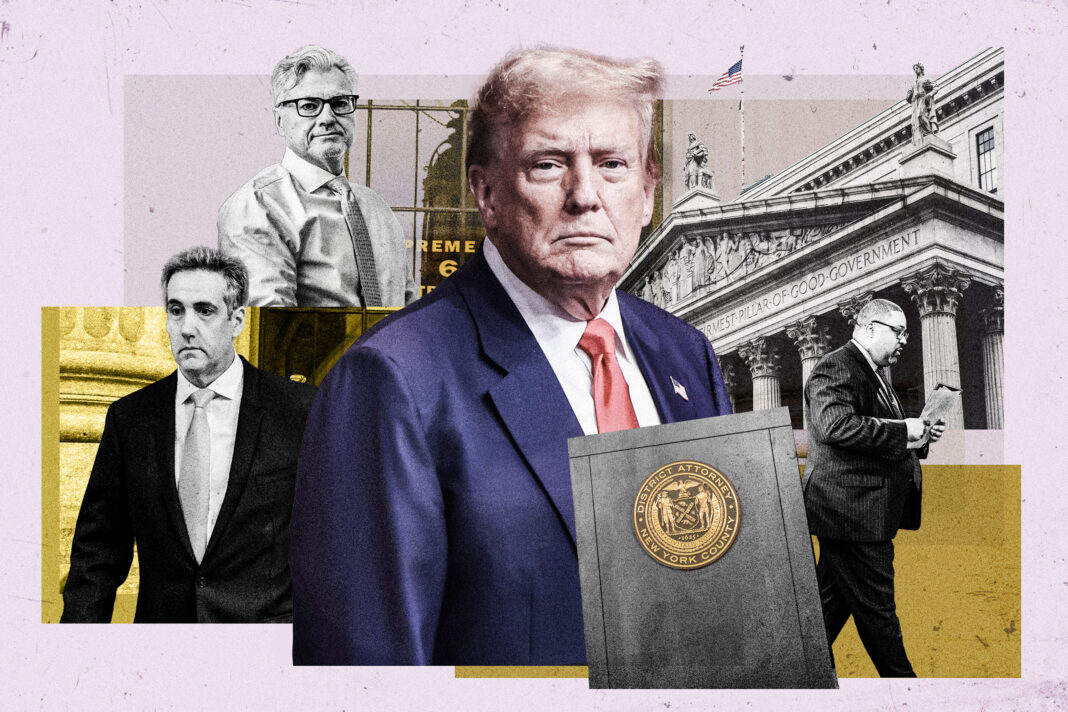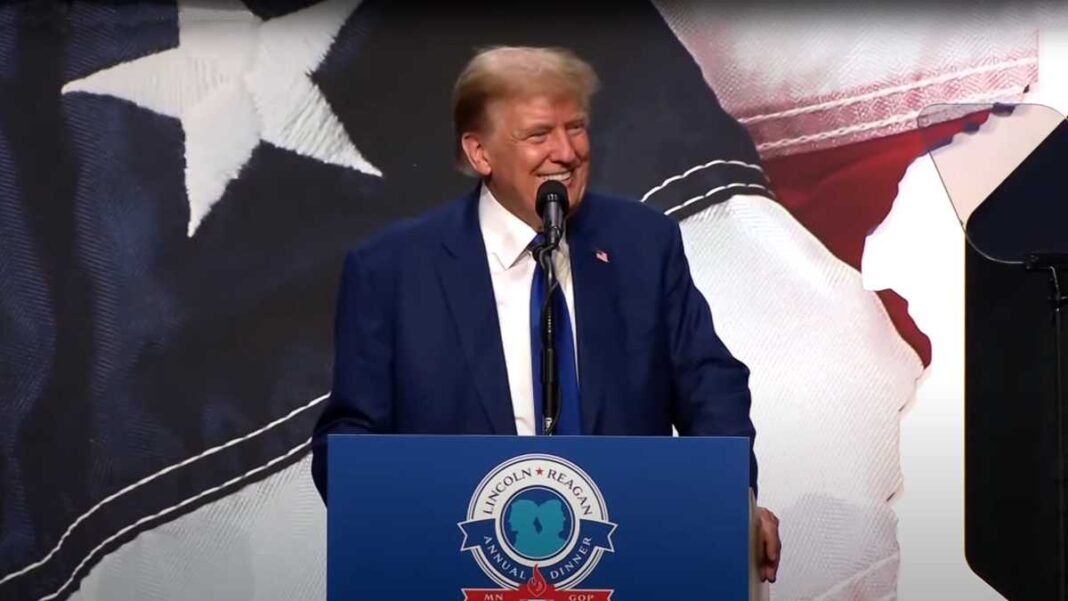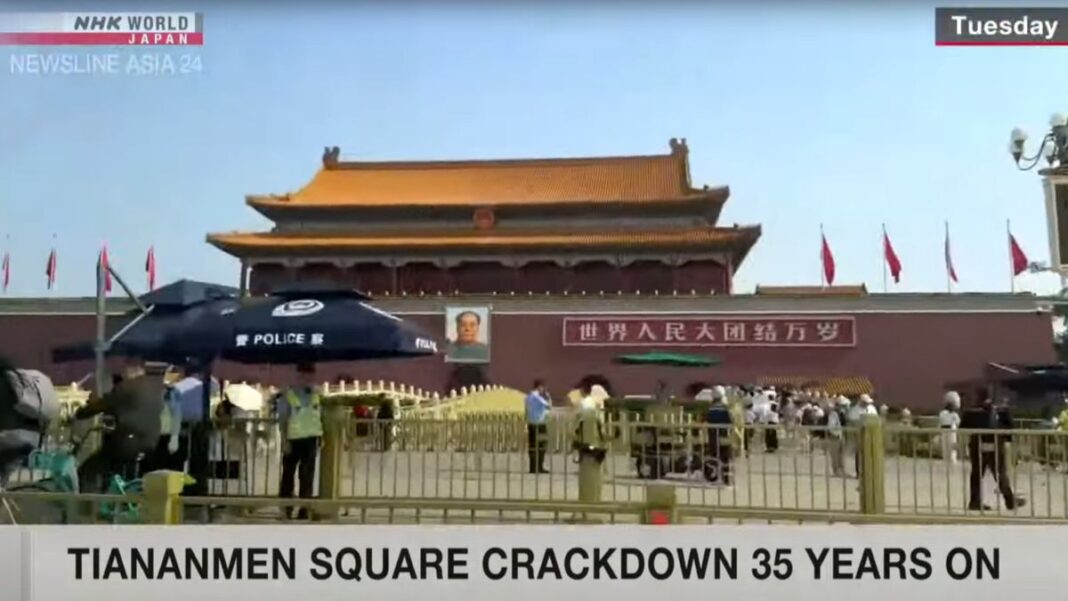The jury instructions, indictment, testimony, and the judge’s background have all prompted speculation about a possible appeal.
Former President Donald Trump has vowed to appeal his May 30 conviction in New York and attorneys have indicated that he has solid points in making his case.
It’s unclear, however, whether appellate courts will agree to hear President Trump’s appeal. And even if they hear the appeal, they may not agree the grounds are sufficient for overturning the conviction.
The former president has 30 days from the date of sentencing, scheduled for July 11, to file a written notice of appeal. From there, it’s expected that if an appeal is granted, it will make its way through New York courts with the potential of the U.S. Supreme Court eventually deciding the case.
It seems unlikely, however, that the Supreme Court will take a direct appeal, especially after it declined a fast-track request in President Trump’s Jan. 6 case in Washington. Instead, the Appellate Division of the First Judicial Department will likely be the first to decide whether to take on the appeal. From there, the losing party can appeal to New York’s highest division, the Court of Appeals.
Attorneys estimate that an appeal would take years to make its way through the court system before reaching some kind of resolution.
It’s also possible that the case could wind up in federal court depending on the claims that President Trump makes.
Former federal prosecutor Neama Rahmani speculated to The Epoch Times that President Trump would “try to find some federal constitutional issue—some hook to get it … to the Supreme Court.”
Even if a higher court takes on President Trump’s appeal, it’s unclear how successful he will be, as most convictions aren’t overturned. An attorney for President Trump has vowed to fight the case all the way to the U.S. Supreme Court.
Attorneys have raised constitutional criticism of the trial—namely surrounding due process—while also noting multiple alleged errors that could support an appeal.
By Sam Dorman







